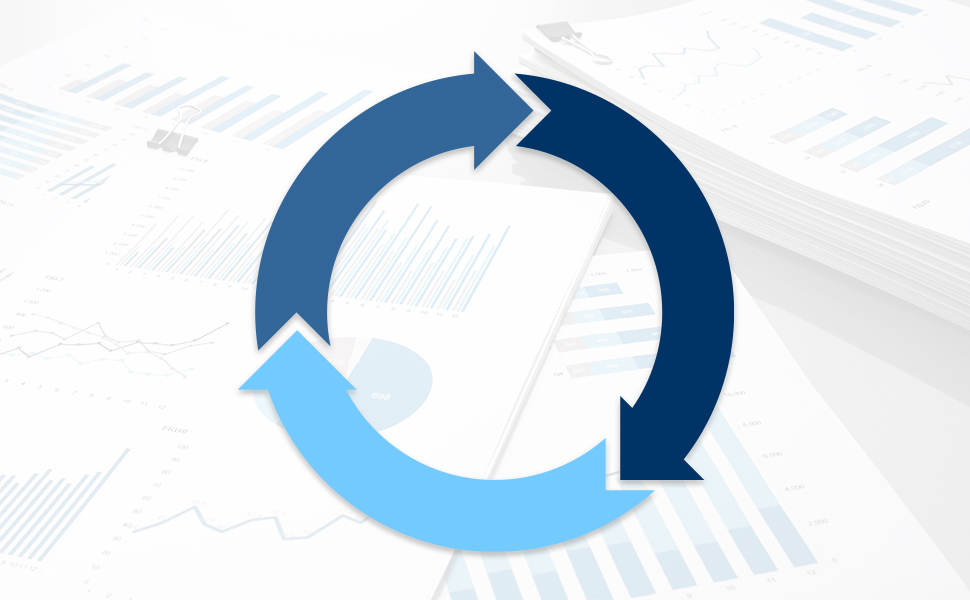Timeline
May / June: IT Systems Review
A subset of departments is selected by the independent auditor to undergo an Information Technology (IT) System Review. This is a foundational assessment of systems and activities that underly the financial reporting process.
After June 30: Final financial processing and accounting entries for the Fiscal Year
For transactions related to the year that closed on June 30th, transactions can be processed from July 1st until August 31st.
All departments must finalize payments and transactions attributable to Fiscal 2022 that occur after June 30th, including items required by the final Supplementary Budget bill (the “final supp” or the “closeout supp”). This work can extend into late summer.
October: Completion of the Statutory Basis Financial Report
The first major financial statement is the Statutory Basis Financial Report (SBFR), due under M.G.L. c.7A. §12 by October 31. The report is compiled and written by the Office of the Comptroller. It requires completion of the financial close-out process described above as well as additional information from departments. The SBFR satisfies the requirements of state finance law to present the results of fiscal year activity in the Commonwealth’s funds. The report contains items required by state finance law, including the certification of the state’s consolidated net surplus and the balance of the Commonwealth Stabilization (“Rainy Day”) Fund. Note that the actual delivery date of the SBFR may impacted by the timing of the final supplementary budget and other factors.
December: Annual Comprehensive Financial Report
The second major financial statement is the Annual Comprehensive Financial Report (ACFR), required of all 50 states and regularly filed by December 31. The ACFR provides a basis for review and comparison to other states, used by citizens and taxpayers, bond investors and rating agencies, and other key audiences.
While the SBFR work is leveraged as the foundation, the ACFR requires meaningful additional work and input from every department and agency, primarily because it is prepared on a GAAP basis (Generally Accepted Accounting Principles). It presents the Commonwealth’s financial information on three bases of accounting: “required supplementary information” in the form of budgetary basis statements, “fund perspective statements” which present the governmental operations on a modified accrual basis of accounting, and a “government-wide perspective,” which combines all governmental and business-type activities in a statement of net position and a statement of activities, presenting all functions on a full accrual basis of accounting.
March 31: Federal “Single Audit” (Uniform Guidance / SEFA)
The third set of reporting and audit activities is referred to as the Single Audit. The focus is on the use of federal funds, which must be shown to be properly spent within program rules, with accurate accounting and controls, and administered through secure systems. The flow of federal dollars to Commonwealth programs is based on meeting these requirements.
The Schedule of Expenditures of Federal Awards (SEFA) is a report of spending for all federal programs, identified by Assistance Listing Number. Spending for each program is calculated on a cash basis, which is all spending for the period of July 1 through the following June 30. This includes the accounts payable period from the prior fiscal year.
The Single Audit is conducted by an external audit firm in accordance with the federal Office of Management and Budget’s Uniform Administrative Requirements, Cost Principles, and Audit Requirements for Federal Awards and Government Auditing Standards.
